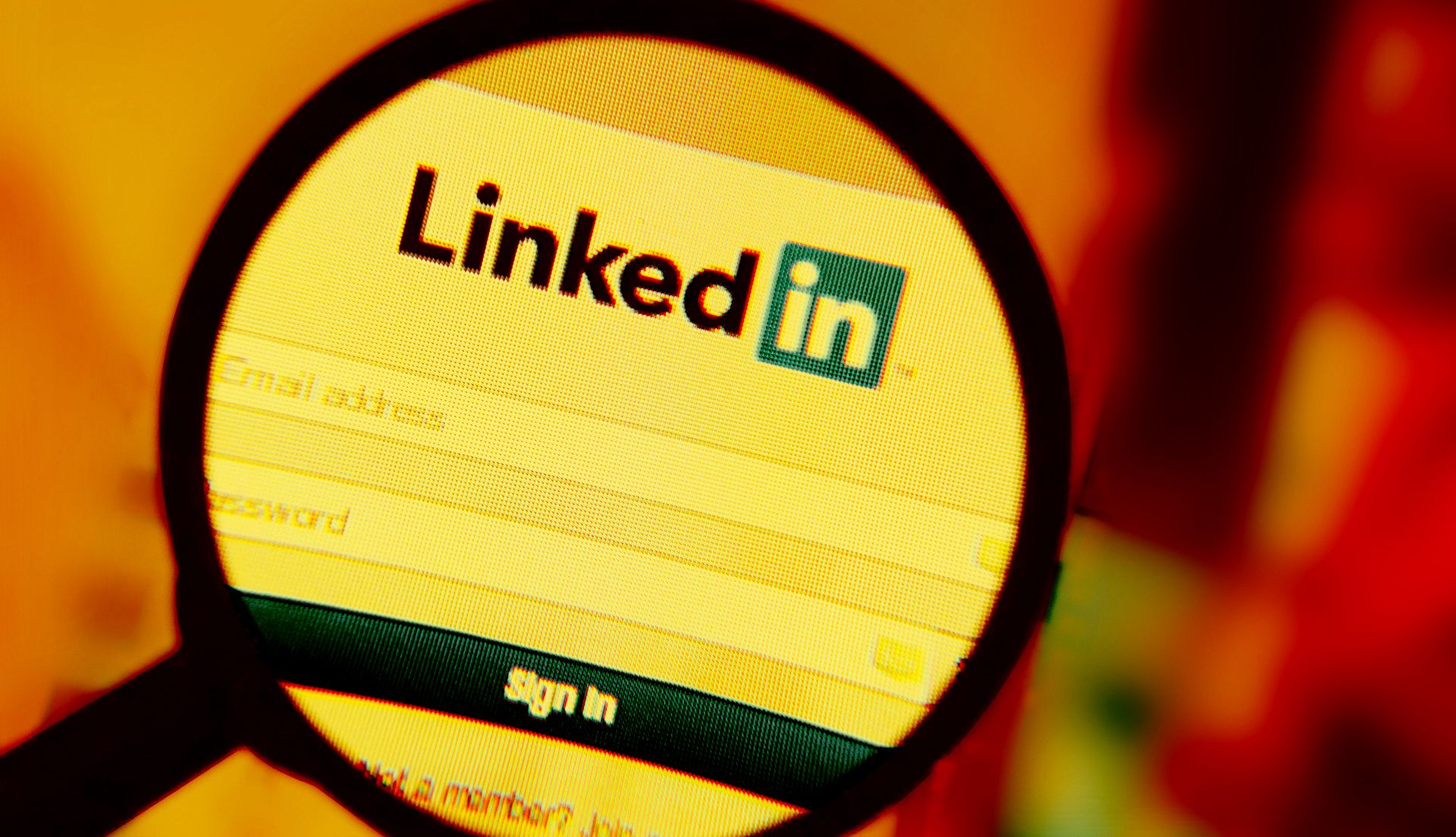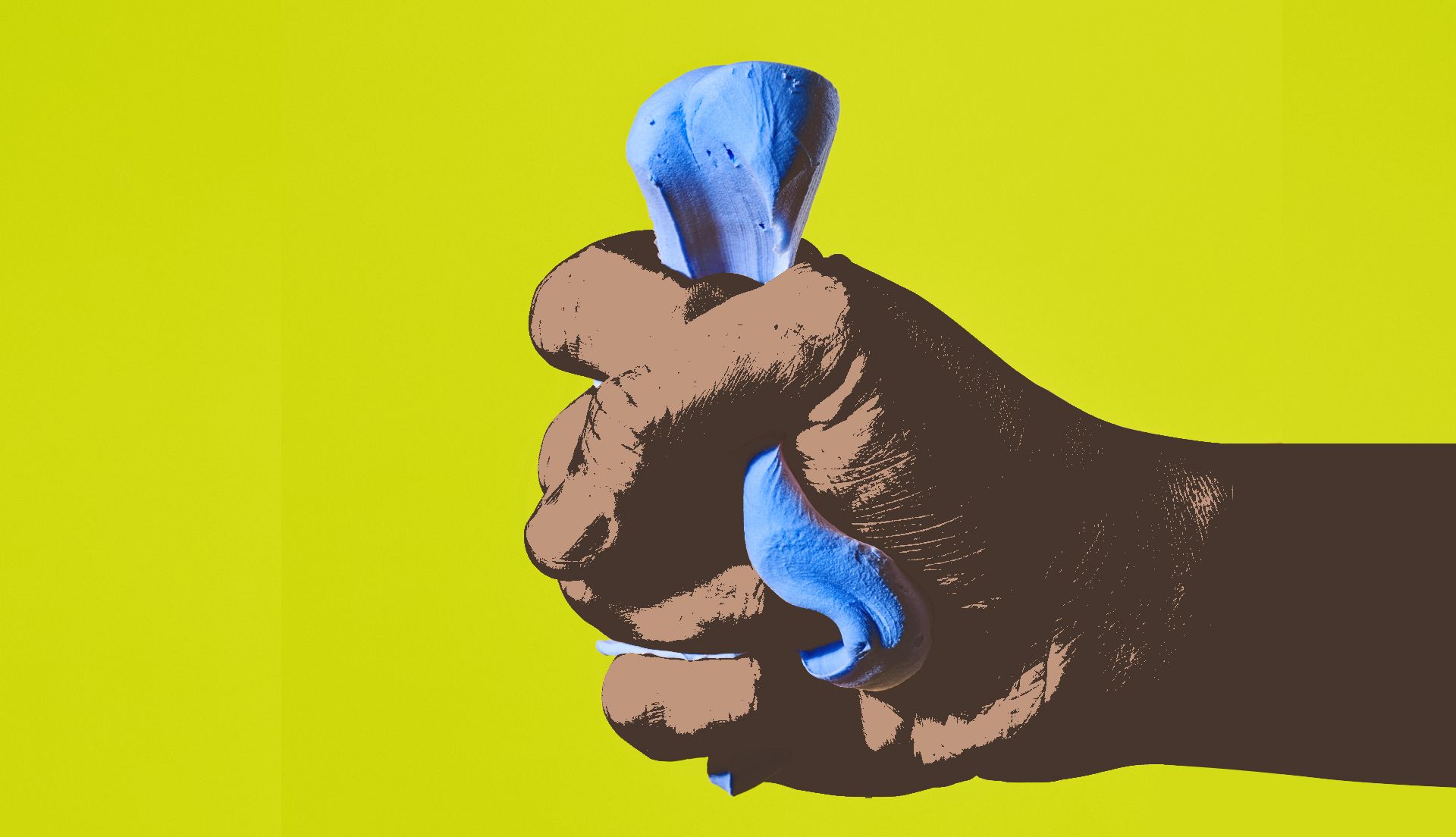When Jasmine Escalera first joined LinkedIn nearly 10 years ago, the career and leadership coach was leery about how she should actually show up on the platform as a user. “It's very different than something like an Instagram and a TikTok where you are very welcome to just almost kind of bring your whole self into the environment, have fun, be playful, show who you are and what you stand for,” she says. “For me, LinkedIn felt like a professional setting and if it's a professional platform, then I have to be polished. I have to hold back on the way that I speak, or the way that I say certain things.”
But today, Escalera says, the pressure to always be prim and proper on the platform has changed a bit with the rise of LinkedIn influencer culture. “I think what LinkedIn influencers are really showing people on the platform is that you can be yourself, you can project your brand, you can of course be professional and talk about very professional topics, but you can also be vulnerable and talk about what's important to you and also project a level of vulnerability on the platform that maybe others wouldn't think you kept.”
Unlike TikTok and Instagram creators, the rise of LinkedIn influencers has been quiet. Nevertheless, Escalera says they’ve played a huge role in transforming what was once a strictly business networking tool to become a community space for people’s whole selves. In fact, over the last decade, LinkedIn has invested in expanding creator programming with the launch of its handpicked influencer program in 2012 that has top creators write about trending topics. And then the introduction of its Creator Mode feature in 2021, which allows users to not only connect with others on the social network, but develop a “following.”
While Escalera, who currently has more than 35,000 followers on LinkedIn, appreciates the changes influencer culture has brought to the platform, she knows that like other social networks there are downsides to its impact. She, along with Chief Guide and organizational psychologist Angela Howard, explain how the effects of comparison and social credibility from LinkedIn influencers can have both a beneficial and detrimental effect on professionals and work cultures alike.
The Good
“I think there's a tremendous positive impact of influencers because you're kind of democratizing information,” says Howard, who also works as a culture impact strategist. “So I think LinkedIn can be an empowering platform if people are using it to learn, to network, to change paradigms about what work is — and what's acceptable and what's not.”
Prior to the prevalence of “I’m happy to announce…” posts and “best places to work” lists, Howard says many professionals were heads down in their career with very little resources to reference when it came to the dynamics of a healthy and supportive work environment. “I think [LinkedIn influencer culture] has actually impacted and changed the employer-employee relationship because now professionals can hold their employers accountable and they can see if the culture of their organization is actually toxic.”
For Escalera, she says being active on LinkedIn has actually helped her to heal from traumatic work environments because it allowed her the space to talk about it and be validated. “For so long I thought I must be the only one and I must be crazy,” says Escalera, who was named one of LinkedIn’s Top Voices for 2022. “But to have a platform where I can tell my story, be vulnerable, and connect with other people who’ve said, Wow, that happened to me too. Or, it’s happening to me, has allowed me to continue to open up about different facets of not just my career, but my life in a completely different way, which has helped me to heal.”
The Bad
On the flip side, Howard says, social platforms, including LinkedIn, can lead professionals down a path of comparison that is deeply harmful to one’s mental health. “A lot of times with influencers you see different narratives about certain careers and now you've got people comparing themselves to perhaps those unattainable norms of living,” she says. “So if an influencer is posting about how they're an entrepreneur and they travel every other week to Costa Rica and you’re sitting at your desk doing some sort of comparison then that can impact your mental health, because prolonged social comparison can lead to things like depression.”
That’s why, Howard encourages individuals to understand the difference between consuming for comparison and consuming for learning. If you’re using LinkedIn to learn more about trending leadership topics, how to deal with workplace challenges, and how to better yourself as an executive, then great. But, if you find yourself scrolling and comparing your career success to someone else's, then she says it may be time to take a hiatus in order to get back to the root of what success looks like for you.
“Consider success as a construct that only you can define,” she says. “Avoid the tempting desire to mimic everyone else's definition of success because I think that's what gets us into trouble.”
And How to Avoid the Ugly
For leaders who use LinkedIn as a resource for company branding and recruiting, Howard says it’s imperative to be mindful of how influencer culture can create exclusionary recruitment practices.
“From the employer side, LinkedIn is such a powerful platform to bring your employment value proposition to life,” she says. “There are so many tools and opportunities to showcase how you're walking the walk, how you're making an impact on your people, how you are driving the business forward, and how you are bringing your culture to life through storytelling.” But, she says, when it comes to using social media as a tool for recruitment, leaders have to be realistic about checking their biases. “We shouldn't compare someone's personal brand to their ability to succeed in a role,” she says. “For example, it’s very easy to look at someone's LinkedIn or their Instagram, and if it looks pretty and all the brand colors are on point and they’re posting and writing a lot, it might be easy to say, Oh wow, this person is great. They’re a big deal. But in reality, they're just great at marketing and the job you’re looking to fill is in HR.”
Checking this bias, Howard says, will help create a more diverse and equitable work culture that is filled with talent that has actual career credentials and not just social popularity that makes them seem credible. “It takes money, time, and effort to create a personal brand,” she says. While adding that any leader who uses social media to find talent should ask themselves, Am I being equitable? And am I being inclusive? Doing this will ensure that you’re hiring the right people who will benefit your bottom line for the long-term and not just raise your company’s short-term social profile.

